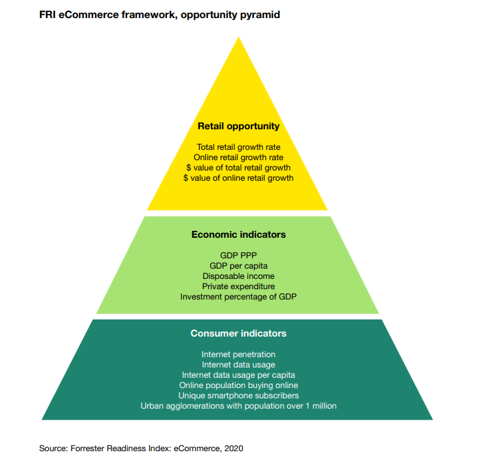
Dive Brief:
- Costco completed the acquisition of Innovel Solutions, a middle and final mile delivery and installation carrier, from Sears and Kmart parent company Transform Holdco (TFCO), for $1 billion financed from its existing cash balances, according to a press release on Tuesday.
- The retailer currently has 546 warehouses in the U.S. and Puerto Rico. Innovel’s network, which covers nearly 90% of that same area, according to the release, includes 11 distribution and fulfillment centers and more than 100 final-mile cross-dock centers, encompassing 15 million square feet of warehouse space.
- Costco has contracted out some big and bulky deliveries to Innovel since 2015. “And as you might expect over the last many years, as Sears has wound down and reduced its footprint,” Costco Executive Vice President and CFO Richard Galanti told Supply Chain Dive in an interview, “we think it will not only allow us to put more on that platform, but also be able to grow those areas at a faster rate.”
Dive Insight:
While Costco displays big and bulky items such as furniture and appliances in-store, the majority of the sales take place online, Galanti said. Costco does some of the delivery itself, he continued, but a lot of it is managed by third parties, including Innovel.
Last year was tough for the retail industry as a whole, but it hit TFCO particularly hard. “Sears and Kmart store formats have experienced declining sales and continued losses,” according to a release on the transaction.
Maintaining Innovel’s decades-old distribution network was no longer viable for TFCO as Sears and Kmart declined. However, “It’s a business that can be more profitable if you have more volume running through it,” Galanti said. “We think long term strategically it’s very good for us,” and could save on costs in the long term.
Big and bulky delivery is a growing segment of last-mile logistics, and several carriers and a few retailers are making moves into the space. J.B. Hunt has acquired two last-mile, and big and bulky logistics companies over the last three years, increasing its capacity by 40% in that period. The move, the company said, was driven in part by increasing online sales of furniture and appliances.
Wayfair, an online furniture and home decor retailer, has doubled down on its logistics network, offering two-day delivery on most items. Thanks to investments in a large warehousing footprint and network of 39 last-mile logistics facilities, the company delivers 70% of its large parcels itself, which company executives say is a key competitive advantage despite the significant upfront cost to scale operations.
“You save money by moving items efficiently and what that means is you move them in bulk closer to the end customers to begin with, thereby reducing the last mile delivery leg, which is the most expensive leg,” Wayfair CEO and Co-founder Niraj Shah said at the Canaccord Genuity’s Growth Conference in August.
Alongside its Innovel acquisition, Costco is ramping up its warehouse footprint on its own. “We expect to open net new units of somewhere around 20 plus or minus, with … much of it back-loaded toward the end of the fiscal year. As of Q1 end, we had total warehouse square footage of 114 million square feet,” Galanti said on the company’s Q1 earnings call. These efforts are coming alongside fulfillment and e-commerce modernization efforts as well, executives said on the call.
However, the retail and logistics players are facing new uncertainty due to economic disruptions from the COVID-19 outbreak. Costco said March 6 that it could take weeks for supply chain operations to normalize. Sales of food, cleaning products and hand sanitizer, for example, have spiked, causing stock-outs for may retailers, including Amazon.
When asked if Costco has seen decreased demand for big and bulky items due to the shift in consumer purchasing patterns, Galanti responded, “There probably is, although we think, in our case, that has been offset because … the number of members coming to Costco every day has skyrocketed as people are loading up on some of those [essential goods] and then, even if each one is buying a little bit less of something, there’s a lot more people coming in.”

